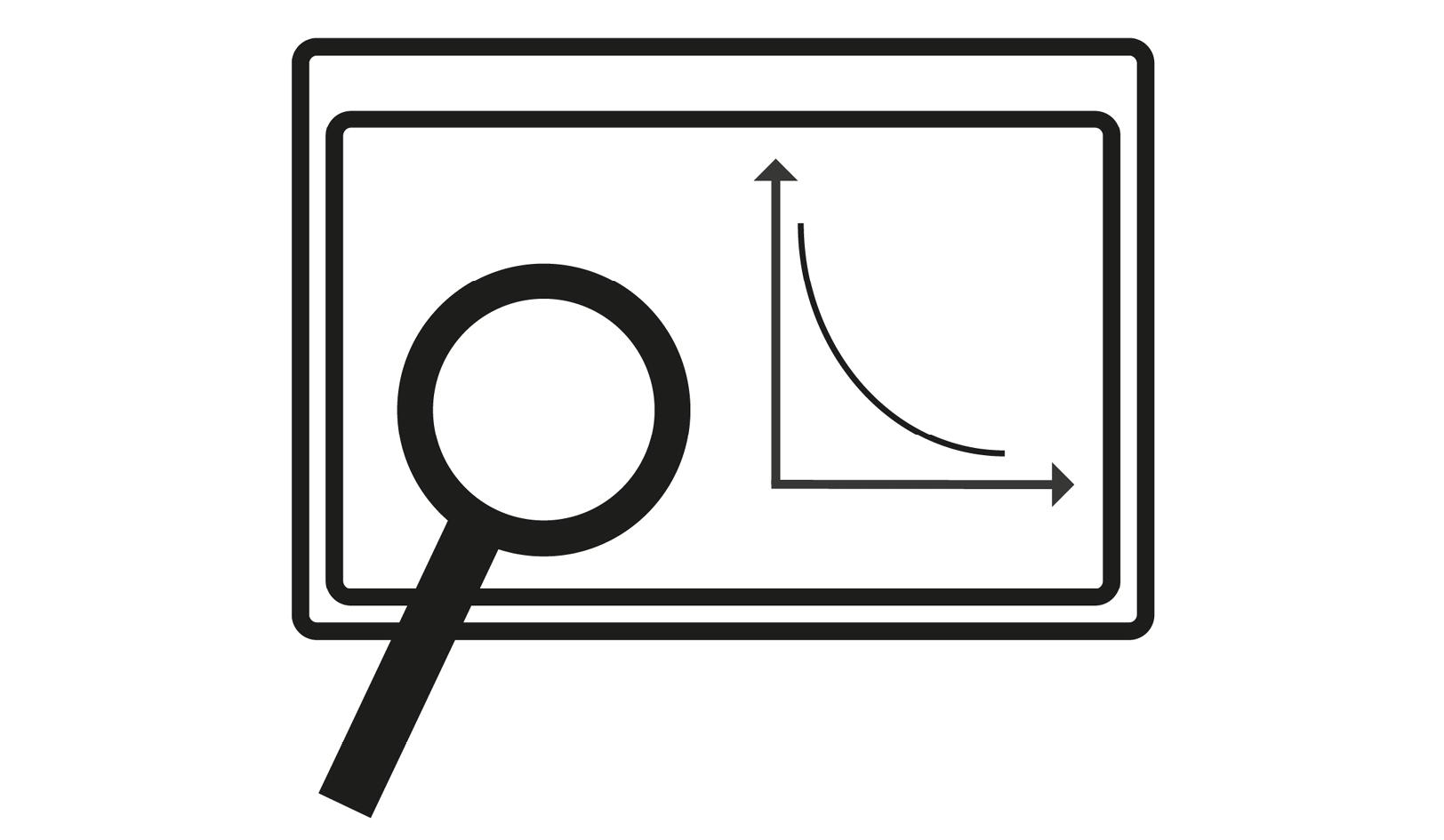Evaluating the outcomes of aphasia therapy is a clinical activity which today probably is getting as common as assessing a person with aphasia prior to the intervention. In Denmark, the Act of Special Needs Education for Adults, emphasises that any given intervention provided under this Act must be evaluated. A great number of tests, questionnaires and other outcome evaluation tools both for research and clinical purposes are identified in the aphasia literature, but new and better ways of assessing outcomes of aphasia therapy are still sought. Moreover, interaction has not previously been studied as a substantial method or mean by which outcome evaluations can be made, regardless of the involvement of formal or informal outcome measures. The aim of this study is therefore to investigate, which self-reported motives and interactional conditions are present in current practices of outcome evaluation amongst the researched population of Danish speech-language therapists and their clients with aphasia. For illuminating the research aims 33 sessions of outcome evaluation between 12 speech-languages therapists and their clients with aphasia have been video-recorded and following the therapists have been interviewed.
Jytte Isaksen
